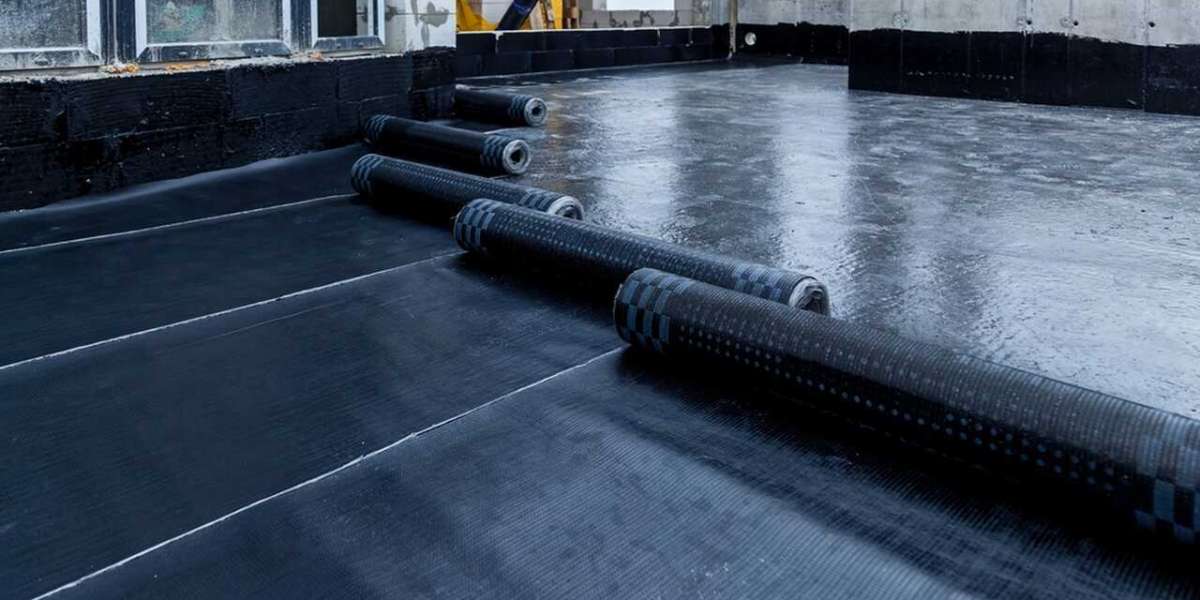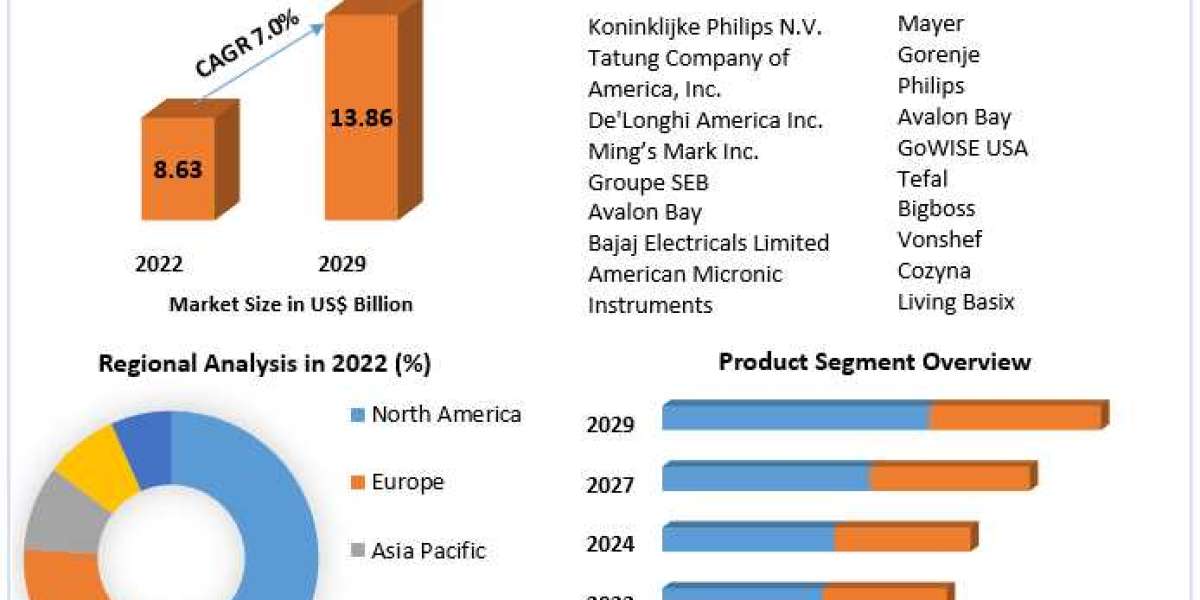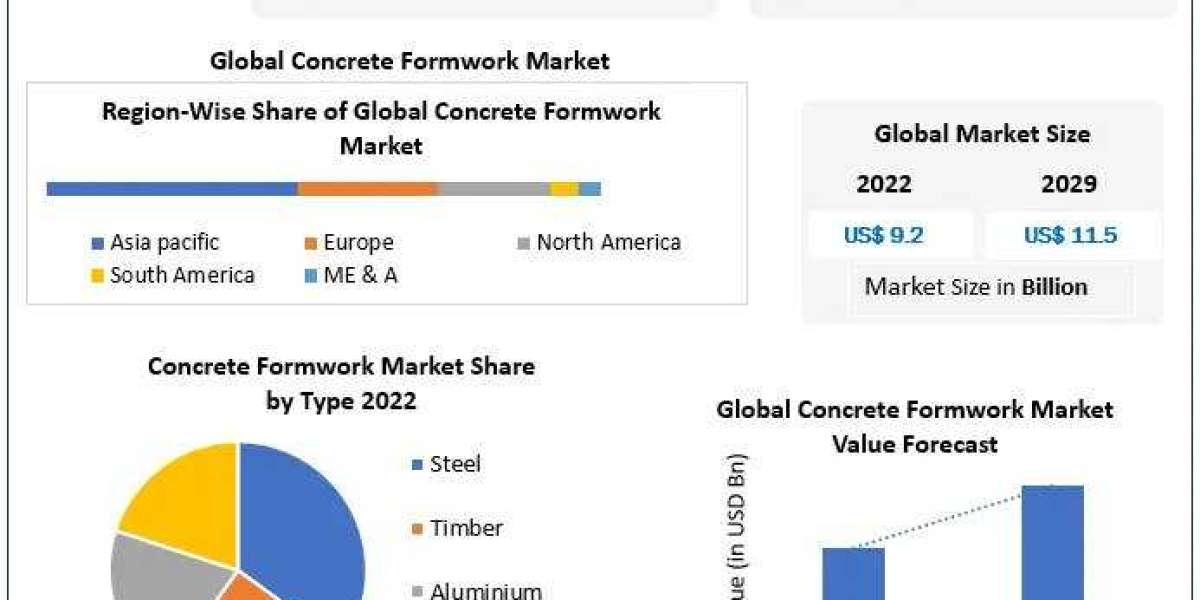Waterproofing is a critical aspect of building construction, particularly in regions with heavy rainfall and high humidity like Pakistan. A waterproofing membrane in Pakistan provides an essential layer of protection for structures, preventing water damage and ensuring long-term durability. In this blog post, we’ll explore the importance of waterproofing membranes, the different types available in Pakistan, and factors that influence their price and application.
What is a Waterproofing Membrane?
A waterproofing membrane in Pakistan is a thin layer of material designed to prevent water from penetrating the surface of a building or structure. It can be applied to various areas such as roofs, walls, foundations, and basements to provide an effective barrier against moisture and water ingress. Waterproofing membranes are made from a variety of materials, including bitumen, PVC, rubber, and polyurethane, each offering different benefits for specific applications.
Types of Waterproofing Membranes in Pakistan
There are several types of waterproofing membranes available in Pakistan, each with unique properties and applications. The choice of membrane depends on factors such as the specific area being waterproofed, the local climate, and the budget. Here are some common types of waterproofing membranes used in Pakistan:
1. Bituminous Membrane
Bituminous waterproofing membranes are one of the most widely used types in Pakistan. Made from bitumen (a type of tar), these membranes are often reinforced with fiberglass or polyester for added strength. Bituminous membranes are ideal for flat roofs, foundations, and basements, offering excellent water resistance and durability.
- Pros: Cost-effective, easy to install, suitable for large areas
- Cons: Sensitive to UV rays, requires regular maintenance
2. Polyurethane Membrane
Polyurethane membranes are a popular choice for waterproofing in Pakistan due to their flexibility and ease of application. These membranes are liquid-applied, allowing them to conform to the shape of the surface they are applied to. Polyurethane membranes are often used for roof decks, terraces, and areas with high foot traffic.
- Pros: High flexibility, seamless application, excellent for irregular surfaces
- Cons: Higher cost compared to bituminous membranes
3. PVC Membrane
Polyvinyl Chloride (PVC) membranes are known for their high strength and resistance to water and chemicals. These membranes are often used in commercial buildings, warehouses, and industrial settings where there is a higher risk of water exposure. PVC membranes are also UV-resistant, making them suitable for outdoor applications.
- Pros: Durable, UV-resistant, excellent chemical resistance
- Cons: Higher upfront cost, requires professional installation
4. EPDM Membrane
Ethylene Propylene Diene Monomer (EPDM) membranes are made from synthetic rubber and are known for their long-lasting waterproofing capabilities. These membranes are ideal for large-scale projects such as commercial buildings, shopping centers, and public infrastructure. EPDM membranes are highly resistant to weathering and are excellent at preventing water leakage.
- Pros: Long-lasting, weather-resistant, excellent for large areas
- Cons: Expensive, requires expert installation
5. Rubberized Asphalt Membrane
Rubberized asphalt membranes are composed of asphalt and rubber polymers, providing enhanced durability and flexibility. These membranes are typically used in roofing systems and foundations in Pakistan, where moisture and water damage are a concern.
- Pros: Highly durable, flexible, and waterproof
- Cons: Requires professional installation, higher cost
Factors Influencing Waterproofing Membrane Prices in Pakistan
The price of a waterproofing membrane in Pakistan can vary depending on various factors, including the material type, thickness, brand, and the area being waterproofed. Here are the key factors that affect the cost of waterproofing membranes:
1. Material Type
The material of the membrane plays a significant role in determining its price. For example, bituminous membranes are usually more affordable compared to polyurethane or EPDM membranes. Polyurethane and PVC membranes, being more durable and versatile, tend to cost more.
2. Thickness and Quality
Thicker membranes provide better water resistance and durability, but they also tend to be more expensive. Membranes with higher quality and additional features, such as UV resistance or enhanced chemical protection, are also priced higher.
3. Brand and Manufacturer
The brand and manufacturer of the waterproofing membrane can significantly influence its cost. Established brands offering high-quality products tend to charge more for their membranes. While they may come with a higher initial cost, these membranes often offer better performance and longer-lasting protection.
4. Area to be Covered
The cost of waterproofing depends on the area that needs to be treated. Larger areas require more material and labor, leading to higher costs. For instance, waterproofing a large roof or basement will be more expensive than waterproofing smaller, localized sections.
5. Labor and Installation
Labor costs also contribute to the overall price of the waterproofing membrane. Professional installation is often required for certain types of membranes, such as PVC or EPDM, which can increase the cost of the project.
6. Weather Conditions
The climate and weather conditions of the location where the membrane will be applied can affect both the type and price of the membrane. Areas with extreme temperatures, high humidity, or constant rainfall may require more specialized membranes, which can be more costly.
How to Choose the Right Waterproofing Membrane in Pakistan
Choosing the right waterproofing membrane in Pakistan involves considering several factors to ensure optimal performance and longevity. Here’s what you should keep in mind when selecting a waterproofing membrane:
1. Purpose of Use
Consider the specific area to be waterproofed, such as roofs, basements, terraces, or foundations. Each type of membrane is better suited for certain applications. For example, bituminous membranes are ideal for large, flat areas, while polyurethane membranes are perfect for irregular surfaces.
2. Climate and Weather Conditions
Pakistan’s climate varies greatly from region to region. In hot and dry areas, membranes that are UV-resistant and durable are crucial. In rainy areas, a membrane with excellent water resistance and drainage properties is needed.
3. Budget
While bituminous membranes are more affordable, other high-end membranes such as EPDM or polyurethane offer better long-term protection. Choose a membrane that fits your budget while considering long-term performance.
4. Expert Consultation
It’s always a good idea to consult with a waterproofing expert before making your final decision. They can assess your project and recommend the best membrane based on your needs and budget.
Conclusion
A waterproofing membrane in Pakistan is an essential investment for protecting your building from water damage, ensuring its longevity and structural integrity. With various types of membranes available, you can select the one that best suits your needs, whether you are working on a residential or commercial project. By considering factors such as material type, thickness, budget, and climate, you can make an informed decision that ensures optimal waterproofing for your property. Always remember to choose a reliable supplier and professional installer to get the most out of your waterproofing membrane.Read more here



